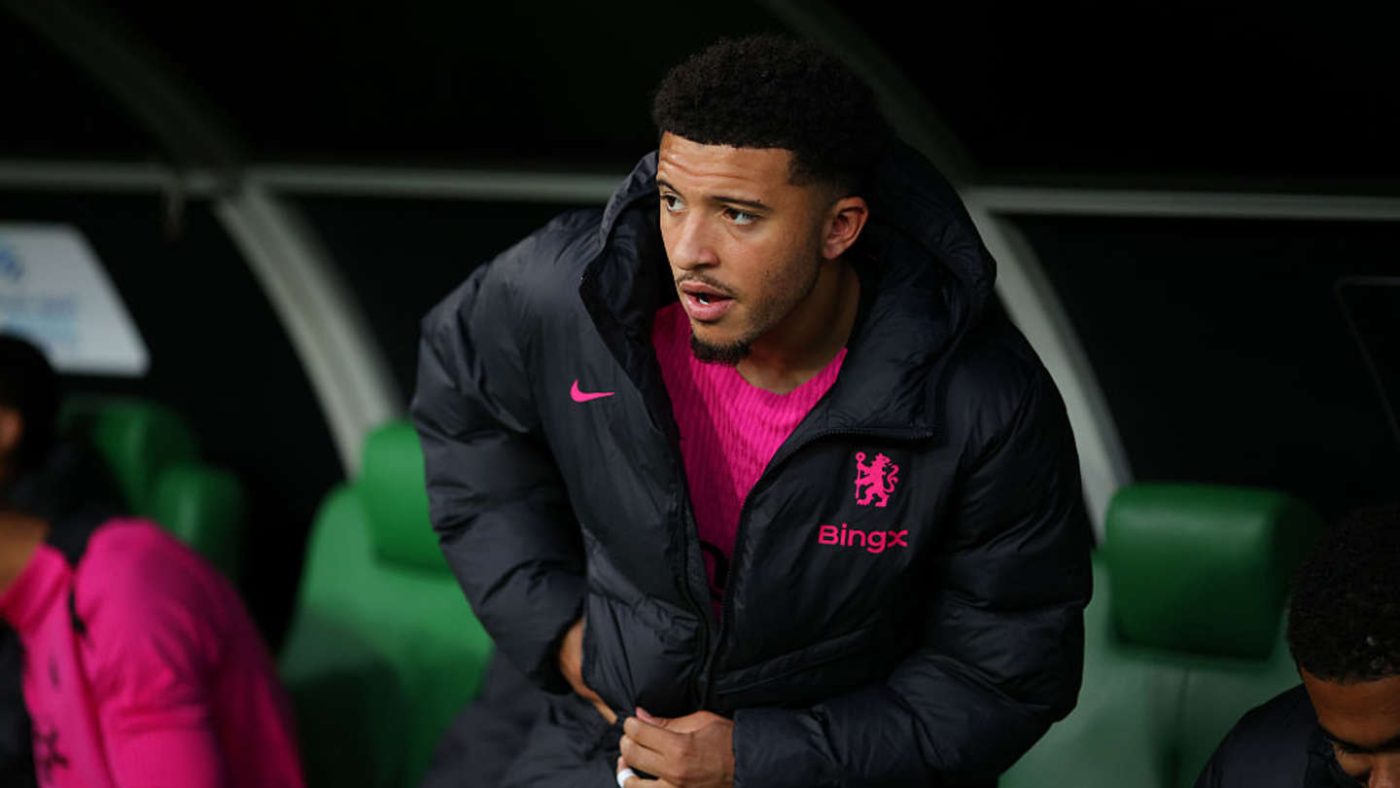Sport News
Dortmund’s Financial Reality Halts Jadon Sancho Return
Borussia Dortmund director of football Sebastian Kehl has revealed that despite “internal” discussions, a third spell for Jadon Sancho at the Signal Iduna Park was financially unfeasible for the club this summer. With no “state, no sheikh, no billionaire” backing the Bundesliga giants, the economic realities of the transfer proved too significant.
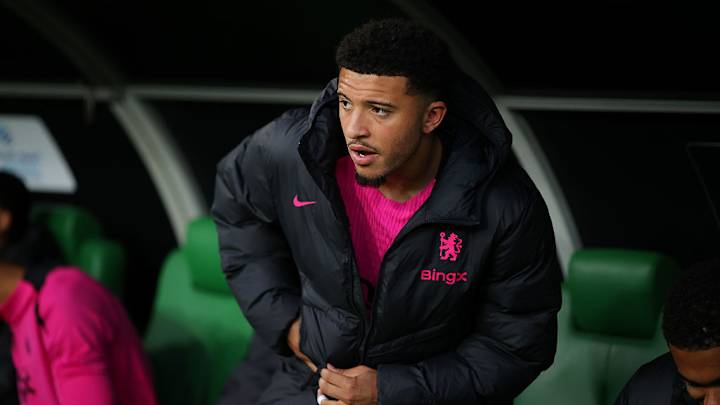
Sancho, who was deemed surplus to requirements at Manchester United, eventually secured a loan move to Aston Villa on Deadline Day, marking the culmination of a summer-long transfer saga. This move highlights the stark financial differences between clubs in the modern football landscape.
The Summer of Uncertainty
After a mixed loan spell at Chelsea last season, where an obligation to buy was cancelled, Sancho’s future became a hot topic. Dortmund, a club where he truly made his name, were consistently linked. However, the winger’s substantial Manchester United salary proved a significant hurdle for many potential suitors, including Juventus, Napoli, and Roma.
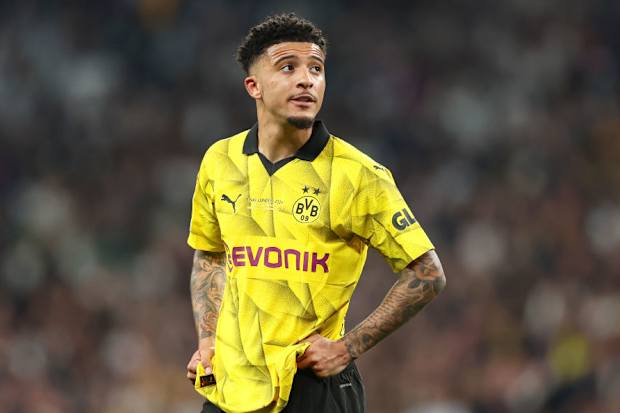
In the end, it was Aston Villa, backed by billionaires Nassef Sawiris and Wesley Edens through their holding company V Sports, who provided a solution. Reports suggest Villa will cover 80% of Sancho’s wages, with additional loan fees and bonuses ensuring United recoup the remaining 20%.
Kehl’s Candid Admission: “We Have to Earn Our Own Money”
Speaking to BILD, Sebastian Kehl was unequivocal about Dortmund’s financial approach. “Of course, we also addressed the issue internally at some point, but there must be a feasible economic framework,” he stated. This underscores the club’s commitment to financial prudence, a stark contrast to some of their European rivals.
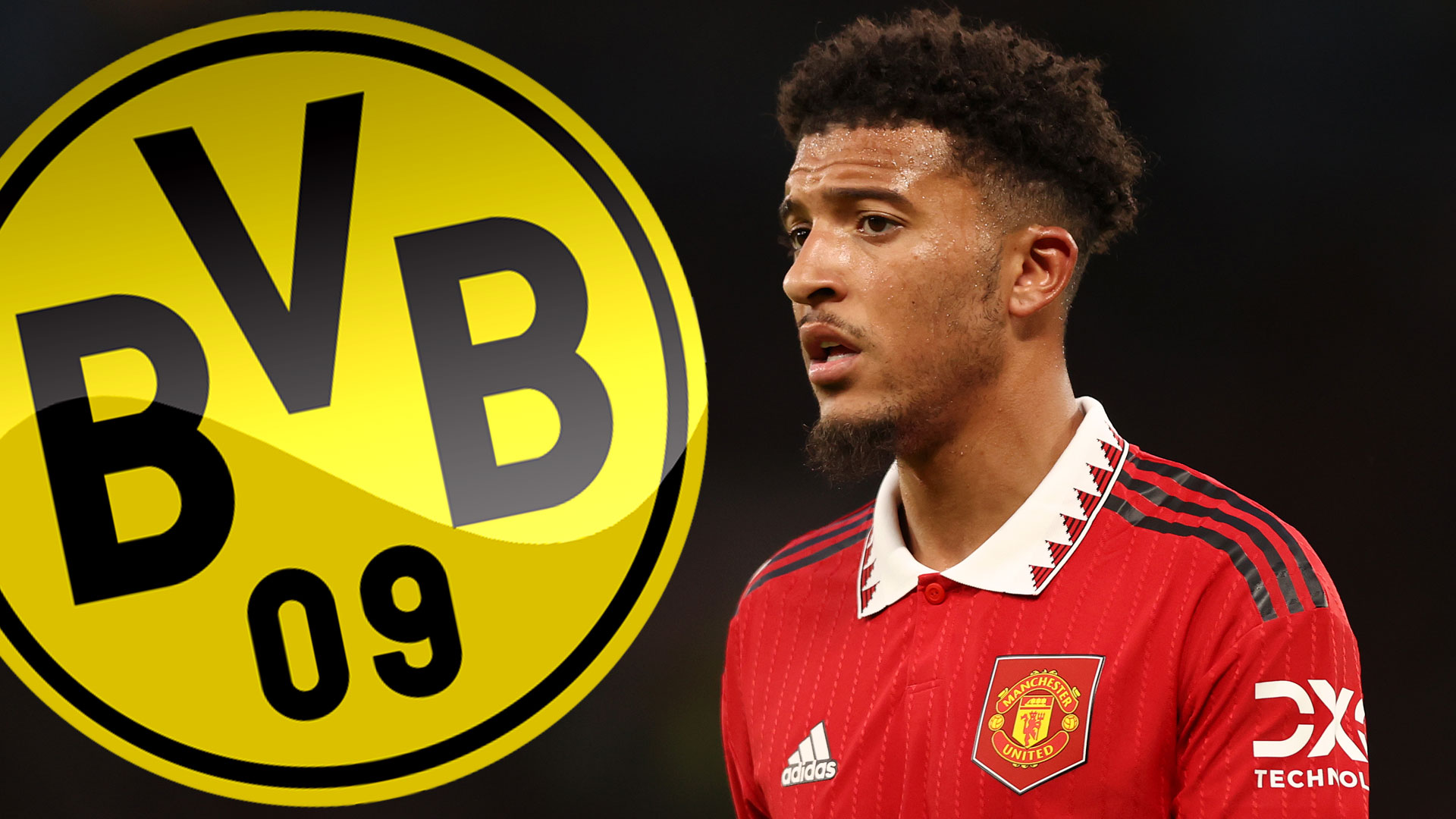
Kehl elaborated, in what could be interpreted as a subtle dig at the Premier League’s lavish spending: “With the transfers we have made, we have invested approximately €100 million (£86.7 million, $116.9 million) in new players, similar to last summer. But there is no state, no sheikh, no billionaire behind us. We have to earn our own money and, in the long run, can only spend what we previously earned. We have exhausted our financial possibilities for this transfer period.”
Dortmund’s Strategic Spending
Despite missing out on Sancho, Dortmund have been active in the transfer market, bringing in six new players. Their summer expenditure included permanent deals for Yan Couto, Daniel Svensson, Patrick Drewes, Carney Chukwuemeka, and Fábio Silva, alongside a loan move for Chelsea’s Aaron Anselmino. Crucially, the club generated around €81 million from outgoing transfers, demonstrating a balanced approach to squad building.
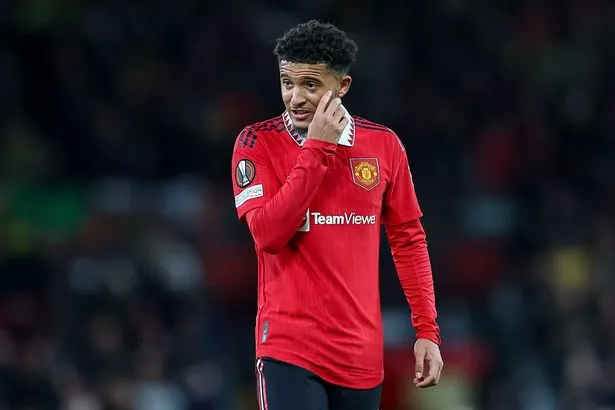
This financial discipline is a cornerstone of Dortmund’s philosophy, allowing them to compete at the highest level while remaining self-sufficient. Last season’s late surge to secure Champions League qualification for 2025-26 further bolstered their financial standing, providing much-needed revenue. For more insights into how clubs manage their finances, you can explore this external resource on football economics.
Sancho’s Dortmund Legacy and New Chapter
Jadon Sancho’s connection with Borussia Dortmund runs deep. He joined the club’s academy at 17 from Manchester City, seeking a clearer path to first-team football, and went on to make 158 appearances across two spells. It was at Dortmund that he blossomed into one of Europe’s most exciting wingers, earning his move to Manchester United.

While a permanent return wasn’t to be this summer, Sancho now embarks on a new chapter at Aston Villa. His move to a club with significant financial backing and ambitious plans presents a fresh opportunity for the talented winger to rediscover his best form and remind the football world of his immense potential.
